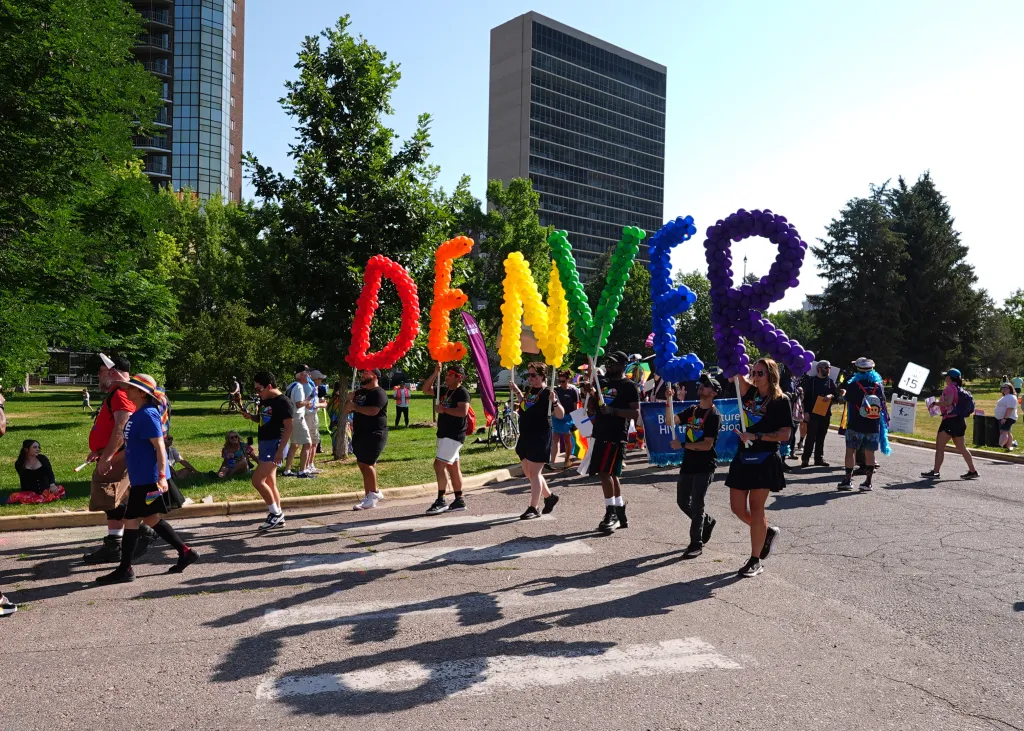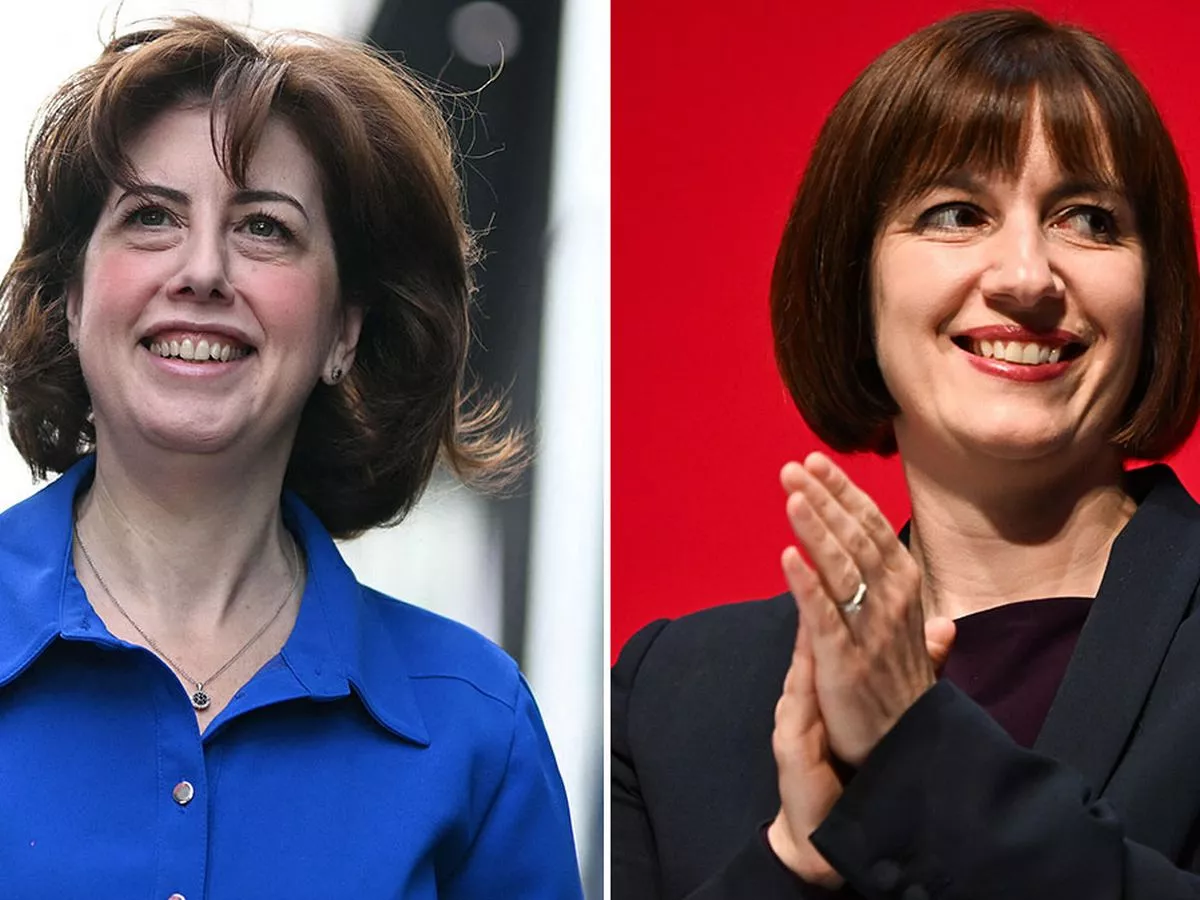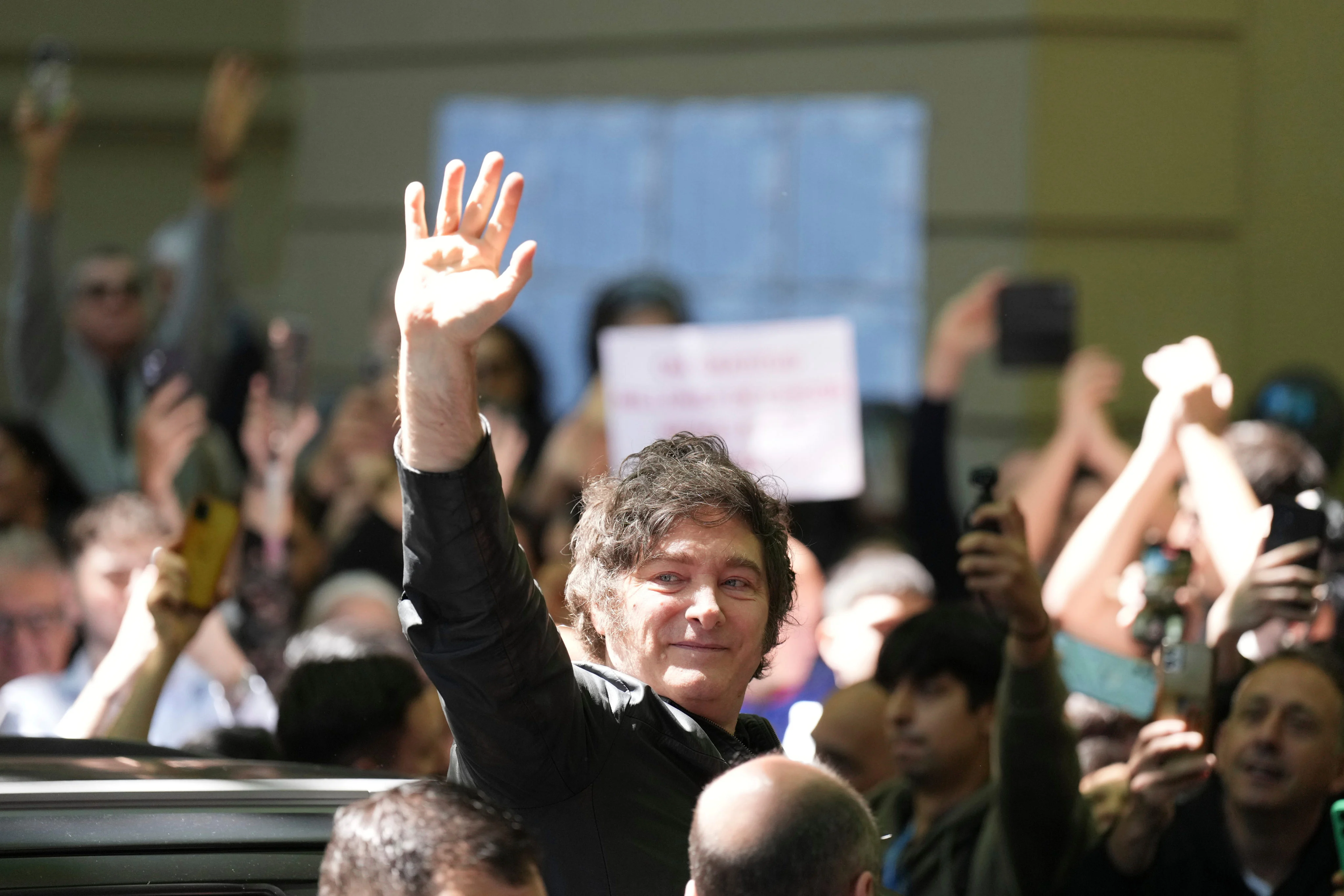Copyright The Denver Post

Inclusivity fail at the University of Denver Re: “What DU’s move to end DEI looks like on campus,” Oct. 26 news story Shame on Chancellor Jeremy Haefner and the cowardly leadership of the University of Denver. Dismantling the LGBTQ+ friendly lounge is just the first step in a long line of initiatives this university will take to bow down to the Trump administration’s hateful and discriminatory policies. Haefner states a “steadfast commitment” to inclusiveness, but we all know that this statement is void of intent. The Post’s article states that Haefner noted that this year’s class of first-year students had the highest percentage of students of color in DU history at 34%. I hope the 34% leave. Let’s pull together as parents and students and disenroll next semester. Let’s disenroll in such large numbers that DU has to shut its door. Let’s put our college students in another university where they can thrive in a safe and inclusive environment — where they don’t have to go back in the closet or be fearful that their skin color will be the next reason to be afraid. It is incredibly disappointing that Eric Duran and his co-director left DU, because now our students are down two allies. I guarantee they will find employment better suited to their ideals, but in the meantime, our students are suffering. Kimberly Petitt, Thornton Higher education is designed to challenge students, to challenge the institutions of higher learning to continue to break through imaginary barriers, assumptions and fears. DU, you have failed us. David L Stevenson, Denver Dems need to address the issues that got Trump elected Re: “Harris leaves door open for another run,” Oct. 26 news story I would hope that the Democratic Party machine would have realized it wasn’t the candidate but the message that got Trump elected in 2024. He spoke to Americans about issues that were important to them: crime, illegal immigrants, the southern border, government waste and government bloating. I’m certain he got the vote of many hundreds of thousands of Dems and independents who were tired of how things were going all across our government. He spoke harshly about the very problems Americans saw every day on TV news. Our elected government leaders were not taking care of business. Criminals going free, open borders, high taxes, our government management and high cost of living that had been problems for years. The Democrats’ platform seemed mostly concerned with social programs instead of problem-solving and reducing government waste. I’m also certain there are regrets by millions of those same voters, but who could have imagined what was going to come? The Democratic Party needs to have a platform that speaks to the hard issues in America that affect us every day and a plan to solve them — not a platform of social welfare. I believe that is what many Dems and independents thought because that’s what voters said in 2024. Forgive them, for they knew not what they were doing. Ralph Shepherd, Lakewood Cost of health care is the disaster Re: “Government shutdown: Voters expressing frustration,” Oct. 28 news story Voters are frustrated with skyrocketing health care premiums? Big surprise there, as health care costs have outpaced wage increases for decades. Unfortunately, premiums reflect the actual cost of health care in a free market. What the premium increases tell us is that health care has become increasingly unaffordable in our current free-market system, leaving individuals with only a few options: finding money in family budgets that does not exist for many, having providers significantly lower the costs of their health care services or finding subsidies via government and/or charitable organizations. Your position on potential solutions lies where you fit in the puzzle, hence the rationale for the current government shutdown. Speaker Mike Johnson said the Republicans “believe in the private sector and free market and individual providers.” Unfortunately, the free market is not working for the consumer. It seems to work very well for pharmaceutical, insurance companies and health care networks. But this is not sustainable nor is it good medicine to allow a significant part of the population to rely on emergency care instead of ongoing treatment for their illnesses. Instead of arguing over who pays for it, maybe we should look deeper into the root causes for solutions. Better to bring costs into alignment with affordability than to look to others to subsidize. At the end of the day, more competition among health care providers, improved technology and significant changes to the way health care services are delivered are paths to affordability. Until then, we need the subsidies. Joe Bryan, Loveland All these years, the GOP has criticized the Affordable Care Act, aka Obamacare, for the petty reason that someone else came up with something. In the 15 years that we have been able to use the exchange, people have had protection against robber-baronesque tactics of refusing insurance because of pre-existing conditions. Sen. Rick Scott, R.-Fla., casts baseless blame on the ACA and calls it a disaster. Trump called the ACA a disaster in 2017. Let’s just overcome all this pettiness, extend the credits, and rename Obamacare “Trump Care.” Mike Gallagher, Centennial Where are the conservatives’ letters? The Friday, Oct. 24, Open Forum consisted of only pro-lib comments. It would be wise for the editorial board to keep in mind that their readers are not all progressive Dems. Conservative readers make up a large proportion of subscriptions. We pay the same rates, and we expect the same ability to express our viewpoints. Jeanne Slade, Morrison Handing data over to surveillance cameras Re: “Mayor extends Flock contract,” Oct. 23 news story The Flock surveillance camera program presents alarming privacy concerns akin to an Orwellian reality. It’s bad enough that half a million taxpayer dollars were spent on the Flock surveillance camera program without the vote of the Denver City Council, the representatives of the people of Denver. That Mayor Mike Johnston signed a “free” contract extension with Flock, a private, for-profit corporation, despite public pushback, is even more disturbing. The City of Denver may not have paid the Flock corporation any money for this contract extension, but they surely paid them by allowing Flock to own everyone’s privacy rights who work, live or travel through Denver. These Flock surveillance cameras don’t distinguish between a working person’s daily commute and a drunken driver speeding away from a hit-and-run. The mayor has now gifted all of our personal data regarding our movements — such as which businesses we support, which homes we visit, which hospitals and doctors we have appointments with, etc. — to this privately held corporation without our consent. We cannot trust this surveillance corporation to safeguard our personal data. Denver’s Flock surveillance cameras are an egregious assault on all of our privacy rights and should be terminated immediately pending a decision by the representatives of the people of Denver. Laura Jensen, Denver (on behalf of Del Pueblo Law, LLC) Flock: Mayor Johnston got it right again Re: “License-plate readers: Mayor extends Flock contract,” Oct. 23 news story He made sound decisions regarding city layoffs; now, regarding the Flock contract extension, he’s made another great decision. The city needs as many creative law enforcement tools at their disposal as financially feasible. It’s hard to believe that some on the Denver City Council oppose this decision. Do they want more crimes to go unsolved? Did the city council want to drag out a decision-making process that would ultimately have the same result? The number of crimes that the Flock system helped solve speaks for itself, and there really is no downside to the additional guardrails. Kudos to Mayor Mike Johnston for his decisiveness and leadership in helping reduce crime. Now, on to helping the mental health crisis! Don Ku, Denver Don’t cut back now, RTD. Complete the journey Re: “RTD ridership still falling,” Oct. 21 news story Sitting in traffic on Interstate 270, I vow to take the Boulder Flatirons Flyer next time. I boast frequently to friends about the ease of taking the bus down to Denver, with the FF5 route going directly to Anschutz several times a day and the FF1 to Union Station about every 15 minutes. I am disappointed to hear Denver RTD ridership is down, with possible cuts to routes. After all the money spent on our fine light-rail system, it would be a waste to back down in defeat. Ridership has been lost, partly due to COVID, and it will take time and ingenuity to build it back up. If my experience with the Boulder system tells me anything, it is that frequent, regular departures make it sensible to take the bus. Cutting down on the number of routes and trips will discourage ridership. (My rule of thumb is, if a single trip takes much over an hour, I might as well drive.) Traffic obstructs bus travel, which is why the light rail is so great. It’s important we work to make using it more attractive. Now that the safety issues are being addressed, with even a safety app available, the “last mile” could be better addressed, possibly with tweaks to bus routes or shuttles to better cover these long stretches of walking. Surely people stuck in traffic day after day could be lured to public transportation, given enough convenience in using the system. Now is not the time to back down. Frances Rossi, Boulder During the renovation of Denver Union Station over 10 years ago, opportunities were missed to significantly improve RTD riders’ access to one of Denver’s highest-volume venues: Coors Field. In fact, riders were actually pushed further away from Coors Field, to say nothing of downtown offices, when the light rail terminal, formerly adjacent to Union Station, was relocated two blocks west. To compound matters, those two blocks lengthened the connection between RTD’s light rail lines and the brand-new commuter rail system. An opportunity existed to partially rectify this miscue by extending the light rail tracks a few blocks north to directly serve Coors Field, but this was not executed. During the Union Station renovation, the new commuter rail tracks were constructed to pass directly behind Coors Field, yet inexplicably, no station was included! To be fair, these missteps occurred well before the tenure of current RTD General Manager Debra Johnson. It remains to be seen how RTD will address these blunders in order to capitalize on at least 81 “high-volume events” per year for Colorado Rockies games, besides pre-season (and hopefully post-season!) games as well as additional special events at Coors Field. Jeff Pletcher, Centennial Sign up for Sound Off to get a weekly roundup of our columns, editorials and more.



